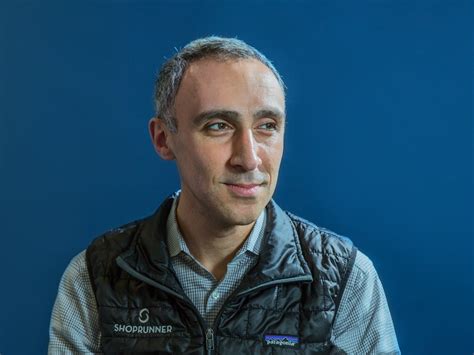A Quote by Steven Wright
Why do banks charge you a "non-sufficient funds fee" on money they already know you don't have?
Related Quotes
What central banks can control is a base and one way they can control the base is via manipulating a particular interest rate, such as a Federal Funds rate, the overnight rate at which banks lend to one another. But they use that control to control what happens to the quantity of money. There is no disagreement.
We are seeing more managed money and, to an extent, institutional money entering the space. Anecdotally speaking, I know of many people who are working at hedge funds or other investment managers who are trading cryptocurrency personally, the question is, when do people start doing it with their firms and funds?
Mutual funds charge 2% per year and then brokers switch people between funds, costing another 3-4 percentage points. The poor guy in the general public is getting a terrible product from the professionals. I think it's disgusting. It's much better to be part of a system that delivers value to the people who buy the product. But if it makes money, we tend to do it in this country.
In the United States there are only two exceptions: banks have to report deposits they suspect to be related to either terrorism or drug trafficking. But if your funds derive from trafficking women and children for sexual exploitation, for example, or from illegal arms trafficking or any other illegal activity, then banks in the US are legally free to accept your money and are not required to report your deposit to the authorities.

































